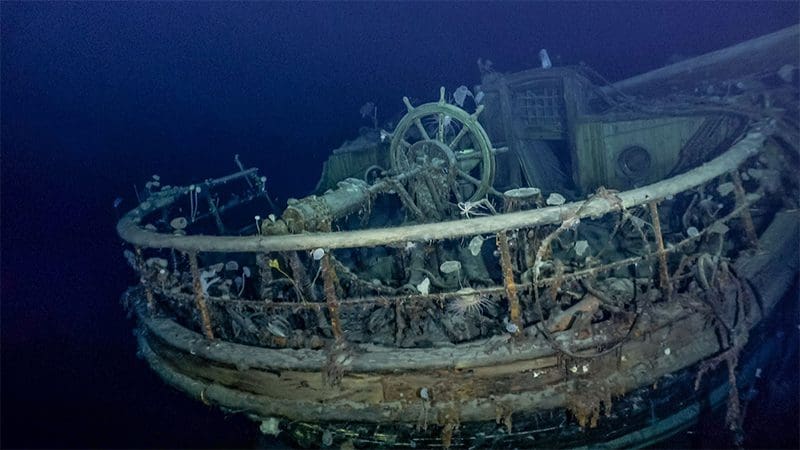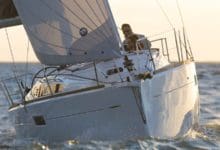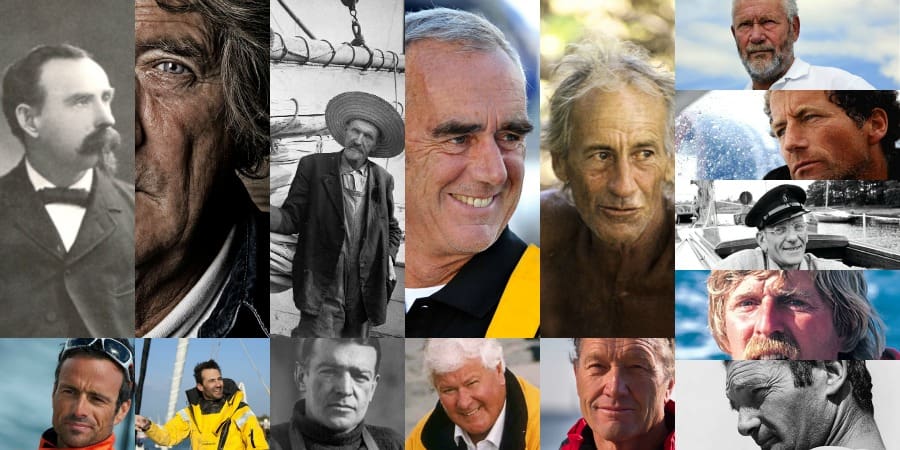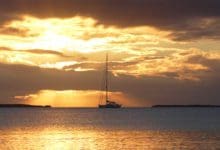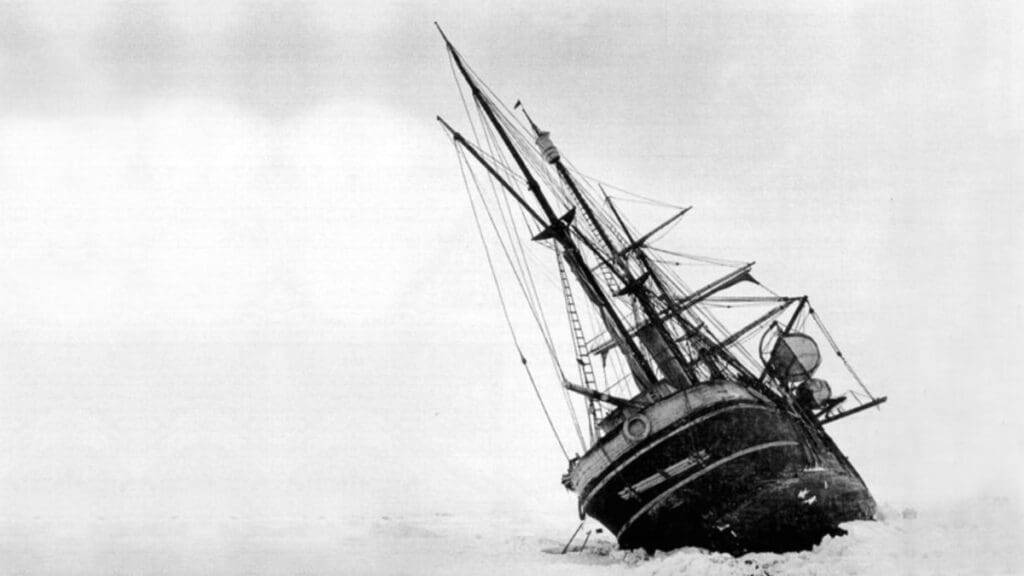Ernest Shackleton’s Endurance found in Antarctica after 107 years
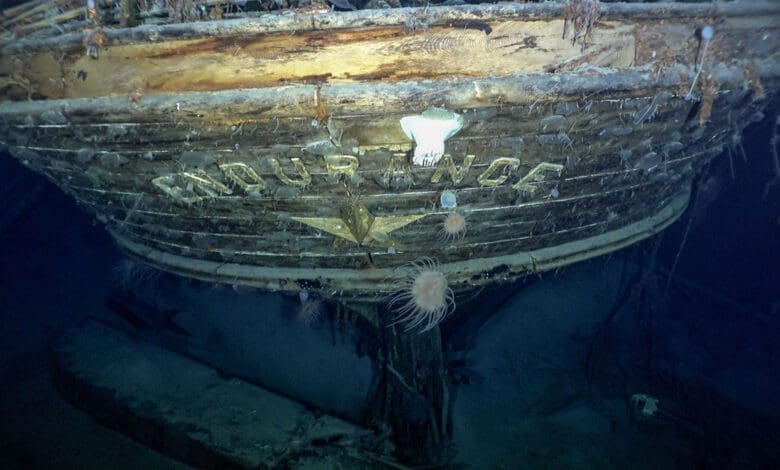
Ernest Shackleton‘s Endurance was found at the weekend at the bottom of the Weddell Sea. The ship, which sank in 1915, is 3,008 meters (1.9 miles or 9,842 feet) deep in the Weddell Sea, a pocket in the Southern Ocean along the northern coast of Antarctica, south of the Falkland Islands.
The discovery comes more than 100 years after the ship Endurance was crushed by sea ice, leaving explorer Ernest Shackleton and his crew to find an alternate (and brutal) route home. The ship’s final resting place was discovered by the expedition Endurance22, which used high-tech underwater search vehicles to find and document the wreck.
For over two weeks, the subs had combed a predefined search area, investigating various interesting targets, before finally uncovering the wreck site on Saturday – the 100th anniversary of Shackleton’s funeral. The days since the discovery have been spent making a detailed photographic record of the timbers and surrounding debris field.
The discovery was a collaboration between the Falklands Maritime Heritage Trust and History Hit, the content platform co-founded by historian Dan Snow. “This is by far the finest wooden shipwreck I have ever seen. It is upright, well proud of the seabed, intact, and in a brilliant state of preservation,” Mensun Bound, the mission’s director of exploration, said in a statement.
The Endurance was in gorgeous shape, with paint still visible on parts of the ship. While there is some damage (as would be expected from a ship that was crushed in sea ice), features like the ship’s wheel and the iconic name are still remarkably intact. Since it is considered a historic site, nothing on the wreck was touched — it will be left as-is on the seafloor.
“The search for the Endurance was ten years in the making“, said again Mensun Bond. “It was one of the most ambitious archaeological undertakings ever. It was also a huge international team effort that demonstrates what can be achieved when people work together. Shackleton, we like to think, would have been proud of us.“

